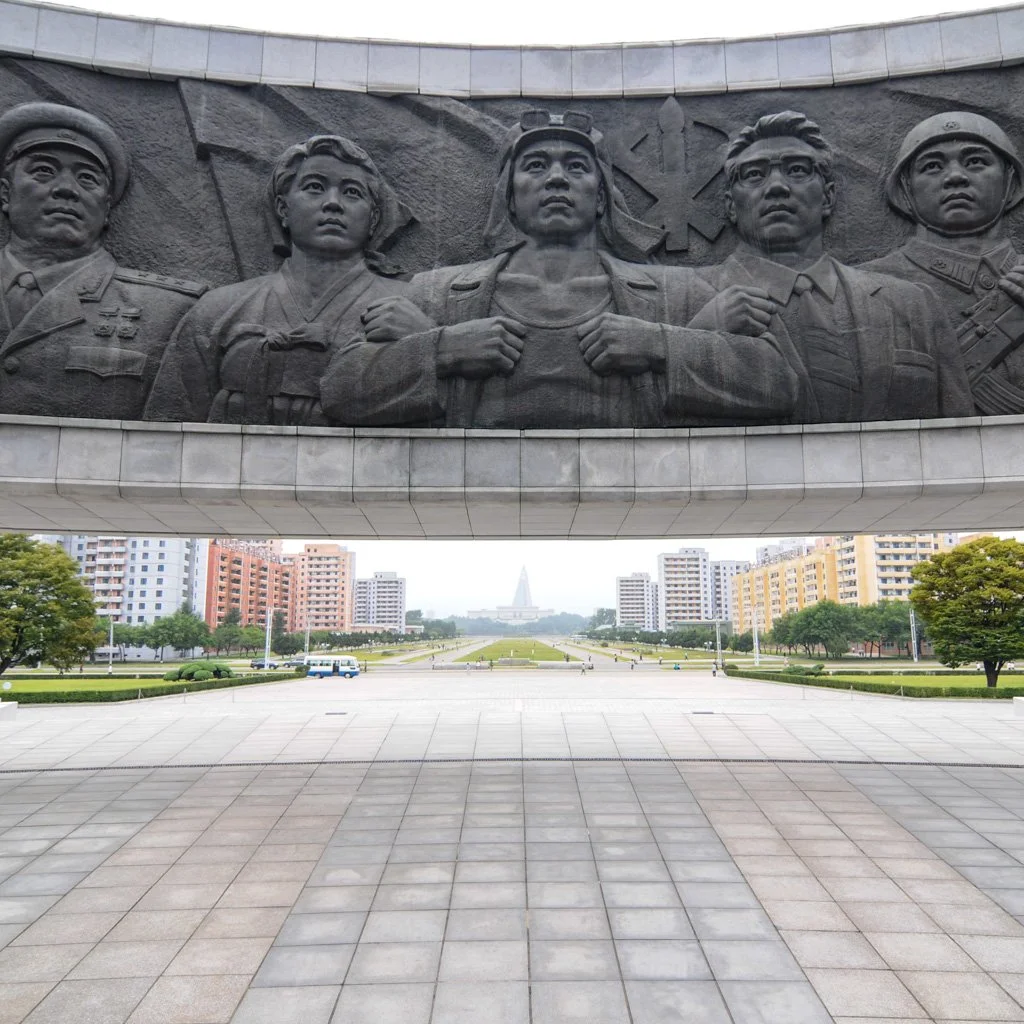News reports suggest that by now the Executive Chairman of Google has touched down in the DPRK. (I wonder which of Beijing Terminal 2 Starbucks' soggy sandwiches he grabbed on the way to his flight.) Is he going on business? Is it a humanitarian mission? Is he beginning a foray in international policy issues?
Thursday, as Google Wave lit up with news about the Richardson/Schmidt trip, these questions came to the fore.
An interesting wrinkle was thrown in by the US State Department saying "we don't think the timing of this is particularly helpful". This is probably very little to do with Schmidt, however.
With North Korea's recent rocket launch, South Korea joining the UN Security Council this week as a non-permanent member, a new government in Seoul from next month, State Department would probably rather keep more control over contact with North Korea at the moment. They'll be concerned that Richardson suggests/does/promises something that they aren't interested in.
Schmidt is probably not going to hammer out some investment deal, though tech is a safer bet than many sectors because it doesn't necessarily require much capital investment in the local partner. Pyongyang has many software engineers and programmers and the Korea Computer Center is eager to get more outsourcing work.
That said, it is unlikely that Pyongyang sought out Schmidt in particular; he was probably contacted by Richardson's team, though PY is happy to have him. As Geoffrey mentioned last week, Schmidt probably has a personal interest in the DPRK as a global issue. This is likely an attempt to lay the groundwork for a long-term connection between people he knows and people in Pyongyang.
Furthermore, his company, with revenues bigger than the GDP of some countries, has to engage in corporate diplomacy. For Google, Schmidt has become the figure in charge of this nexus between business and government relations.
In the end, Google will probably be lauded for this trip to North Korea. They have a reputation as fighting for information freedom and so whatever comes or does not come from this trip, what Schmidt does will likely be seen as a good faith effort to build positive ties with Pyongyang. This is not something many other tech companies could get away with, given their varying degrees of cooperation with China. A scandal a few years ago involving Google's rival, Yahoo!, comes to mind. In contrast to don't-be-evil-Google, the PR for them would be unmanageable.


